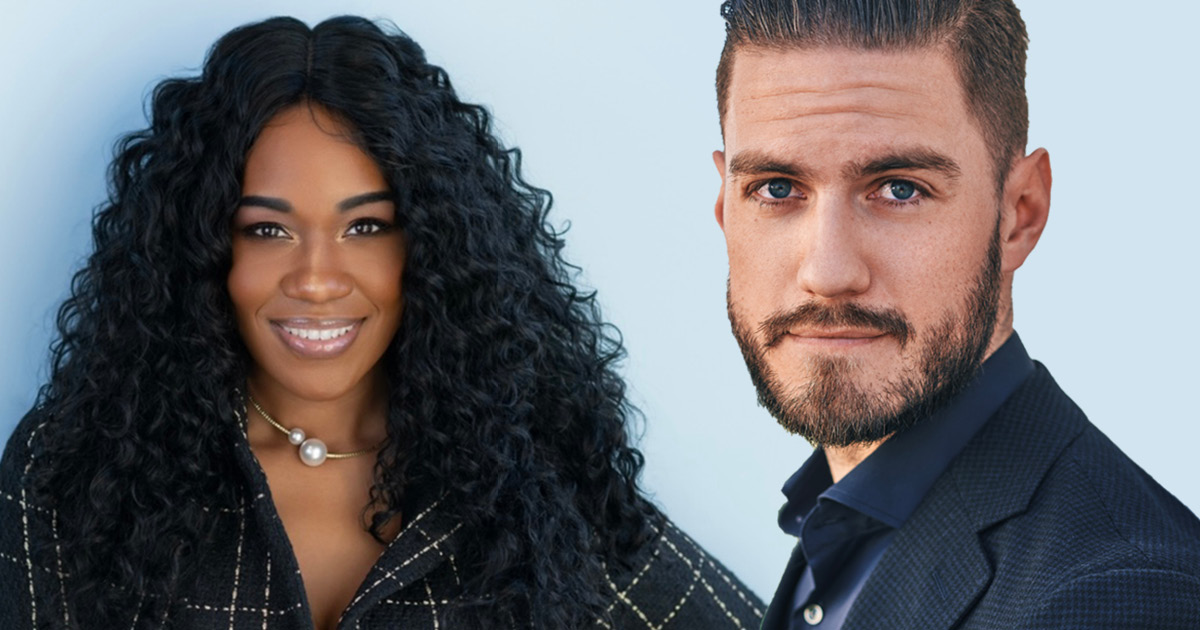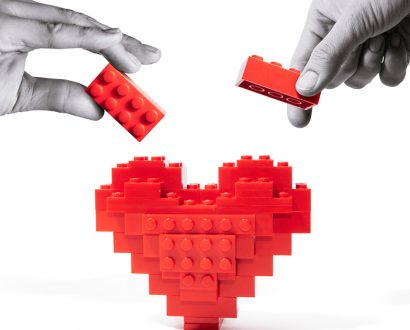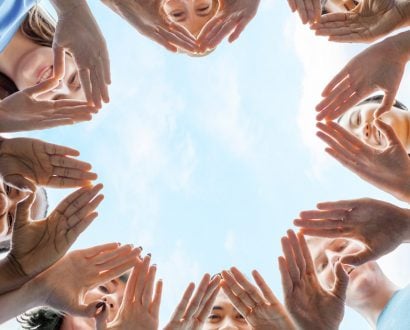For the many people fortunate to be raised in a stable family environment, it’s important to remember this is not a shared experience for everyone. In the United States, more than 600,000 children are served by the foster care system each year. In many cases, these children lack what others take for granted, such as love, support and safety – absences that have a lifelong impact on their welfare, education and opportunities.
But it doesn’t have to be this way, according to Ava Walker, CEO of Beyond Our Kin, and David Jepson, CEO of The CEO Magazine – two people committed to improving the quality of foster care as a result of their firsthand experiences.
An imperfect system
“I was a newborn when I entered the foster system,” Walker says. “I was a drug-addict baby. The nurse fostered me right out of the hospital.”
When she was four years old, Walker’s aunt tracked her down in foster care and took her young niece to live with her. Eventually however, Walker was returned to the foster system where she stayed until the age of 18.
“A lot of my friends’ parents took me in, and those were the women that taught me so much,” she says. “They’d show me how to wash and fold clothes, how to do the dishes, how to cut an onion, and I’d just be a sponge for that. I learned more with them than I did through my foster homes.”
Jepson experienced the foster care system from a different perspective, as a foster brother. Jepson’s mother began fostering children from the time Jepson was 10 years old.
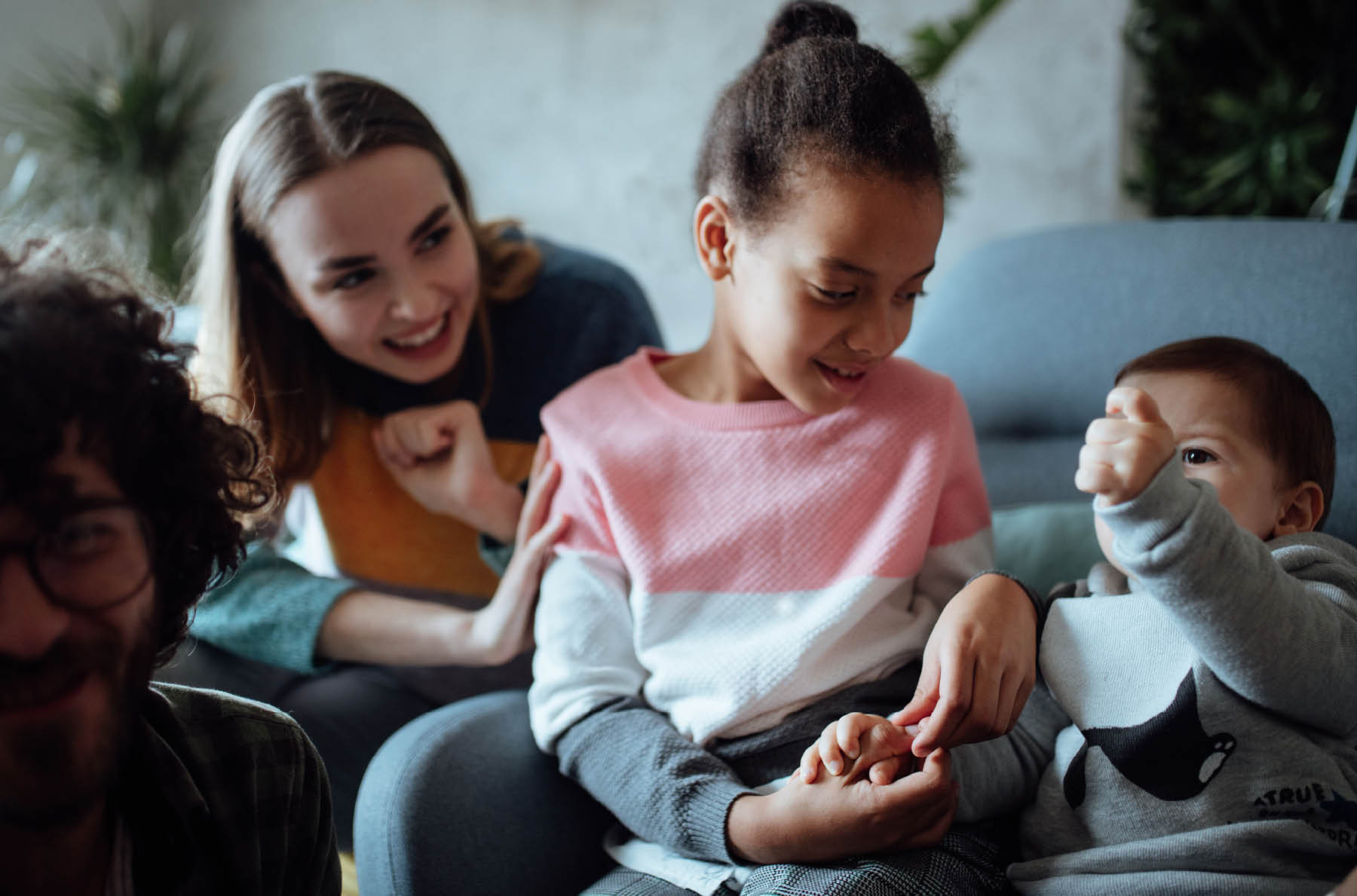
“There are more than 33,000 children in foster care in Los Angeles. More than a third of them will experience homelessness.”
- Ava Walker
“Although I was not a foster child myself, the foster care experience made an indelible contribution to my personal and professional life,” he says. “Being an older sibling enhances your sense of responsibility and leadership, but that was amplified by living with foster children who were very impressionable and looking for role models. It was a big responsibility.”
Over the years, Jepson and his family cared for many children, an experience that forced him to adapt the best he could.
“As the oldest, I quickly realized that if I misbehaved, the children would also likely do that as well; then suddenly, you’ve got a big problem for my parents,” Jepson says. “Looking back, there wasn’t a great deal of education given to the carers in terms of ‘This is how you should be’ and teaching things like empathy.”
Both Jepson and Walker’s lives were forever shaped by these experiences and reflections about the shortcomings of the foster care system. These experiences not only shaped them as adults, but inspired them to give back and make a difference.
Saying ‘yes’ to the vision
After pursuing her lifelong dream of getting an education and becoming a screenwriter, Walker moved to Los Angeles, intent on telling positive, impactful stories about foster children.
“The foster system is full of statistics,” Walker says. “There are more than 33,000 children in foster care in Los Angeles. More than a third of them will experience homelessness. Very few go on to attend college, and I wanted to be one of them. I wanted to become victorious and not a victim of what I went through.
“I wanted to fight for hope for us. I wanted to advocate on our behalf so that youth all around the world could see a representation of someone who pushed through severe challenges and made it out. And that with faith, grit and perseverance, we can change the narrative that comes with these statistics.”
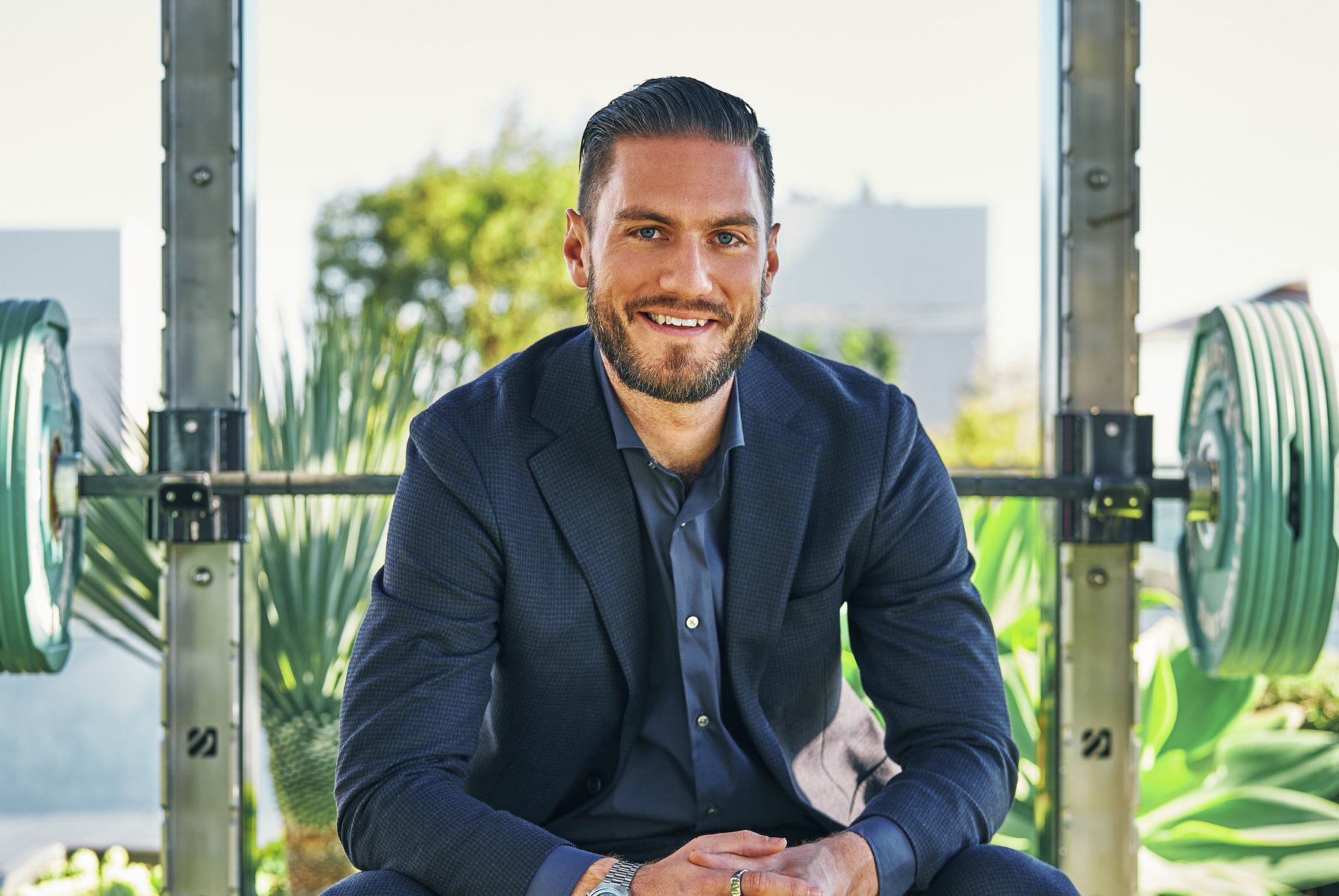
“Ultimately we want to fix things because it’s the right thing to do.”
- David Jepson
Despite her desire to succeed in Hollywood, Walker found herself grappling with a different career path.
“This vision just kept coming to me to help foster children, and at first I was against it,” she says. “I thought it would bring up too many emotions, make me relive everything.”
Eventually, after so many dreams, she relented and launched Beyond Our Kin, a charity dedicated to enhancing the social and emotional wellbeing of foster youth by providing holistic support and transformative programs.
“I just said ‘yes’ to the vision. I knew I was destined to do it,” Walker says.
Since its launch, Beyond Our Kin has supported more than 2,000 foster youth and counting through programs including therapeutic arts, education support and workforce development.
Championing change
Walker says she doesn’t ask for money to help the foundation’s cause, she asks for things.
“I always want people to know that I’m doing this for absolutely nothing,” she says. “And there’s nothing that will keep me from doing what I’m doing.”
Inspired by Walker’s mission, Jepson has helped Beyond Our Kin by promoting the charity’s activities and supporting its operations.
“When David came in, as a former foster care brother, the time, passion and energy he devoted to restructuring, bringing in resources and knowledge was invaluable,” Walker says. “When I felt heavy-headed, David reassured me of our why and got me back on course.”
“Ultimately we want to fix things because it’s the right thing to do,” Jepson says. “It’s only right that children have safe and secure homes to grow up in, that they’re given access to education and given a chance in the world.”
Beyond the moral imperative, there are also major social and economic motivations for improving foster care.
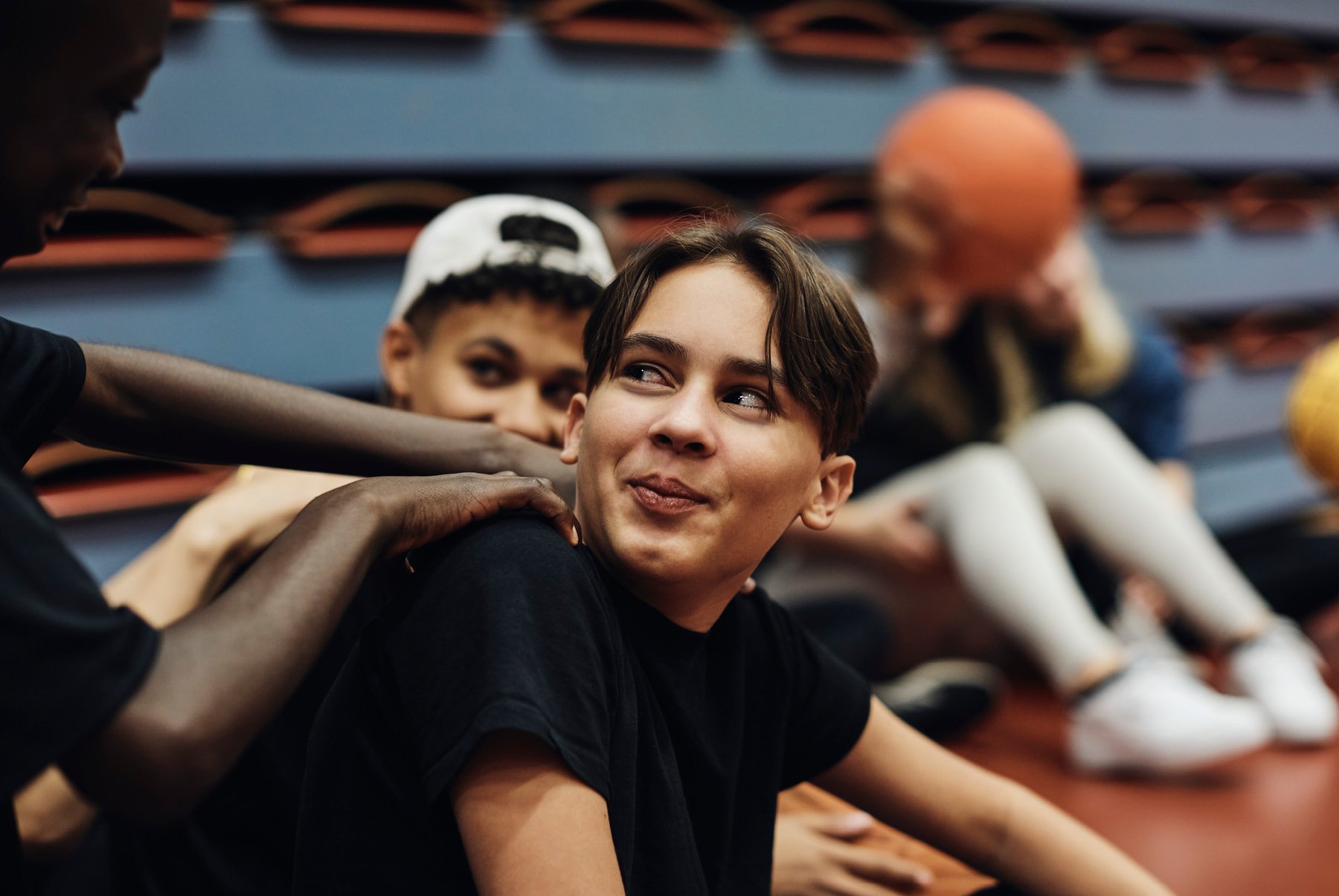
“I always want people to know that I’m doing this for absolutely nothing.”
- Ava Walker
“Here in Los Angeles, one of the biggest talking points is homelessness and it’s having a detrimental impact on the local economy,” Jepson says. “This is a problem that can be fixed through shared effort and donations from companies, as well as a hug, a bit of compassion and guidance, which is something everyone can do.”
Since its launch, Beyond Our Kin has received support from people including Carma Lacy, Sara Danisz, Jacques Roux and institutions such as Ducere University and Honda of Downtown Los Angeles, who helped build out the organization, making a tremendous impact.
Walker’s efforts have also drawn the attention of Hollywood, with a movie about her life currently in production. It’s an opportunity to not only fulfill her original life goal but spread her message to millions around the world.
“Let me tell you, it’s not been easy,” Walker insists. “But it was worth every sleepless night and every ounce of grit. Now we look forward to decades of empowering foster youth to unleash their potential and flourish beyond adversity.”
For more information about donating, partnering, sponsorship or volunteering, visit www.beyondourkin.org

